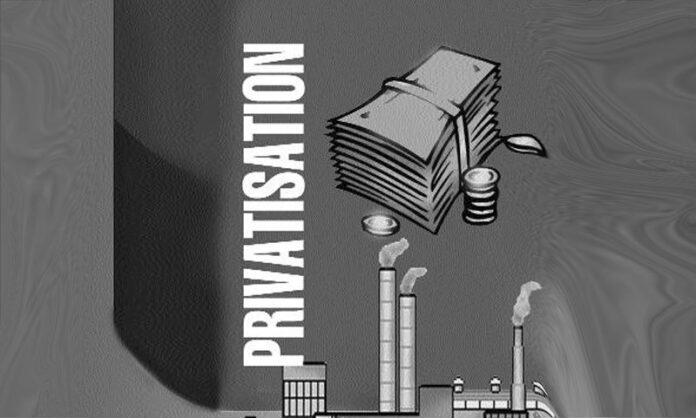ISLAMABAD: The Cabinet Committee on Privatization (CCoP) has approved the transaction structure for divestment of 96.6pc shares of Heavy Electrical Complex (HEC).
Adviser to Prime Minister on Finance and Revenue Dr Abdul Hafeez Shaikh chaired the meeting of the CCoP at the Cabinet Division on Monday.
Approving the transaction structure for the divestment of HEC shares, Shaikh directed the Ministry of Industries & Production for an early and amicable solution to issues pertaining to regular employees of the complex.
He also instructed the Power Division (Ministry of Energy) to consider extending the validity of ‘Type Testing Licence‘ of Heavy Mechanical Complex.
Meanwhile, the CCoP constituted a committee, to be chaired by the industries & production minister, to improve the transaction structure for Pakistan Steel Mills Corporation in consultation with the newly appointed financial/transaction adviser for further incorporation of market requirements.
It also approved the recommendation of the Privatization Commission Board to authorize the PC chairman/secretary to, in turn, authorize officers to open, operate and close accounts in scheduled banks for the execution of privatization transactions, including other operations, in compliance with SBP guidelines.
The finance adviser, appointed by PC for the sale of properties owned or controlled by the federal government, briefed the CCoP on the bid price for the auctioned properties and sought guidelines for the remaining part of the transactions.
The committee was informed that out of 27 properties, price bids for 23 have been received. The CCoP directed the adviser to recommend a way forward on two unsold properties in Multan and Rahim Yar Khan. It also directed KP and Punjab chief secretaries to resolve pending issues pertaining to two properties in Swat and Lahore.
In order to ensure smooth functioning of the privatization process, the CCoP approved a model questionnaire “that would help in gathering all the relevant information regarding the entity that has been approved for privatization”. The committee also directed all ministries/divisions and state-owned entities (having assets in the privatization list) to provide information required in the model questionnaire to the PC within 30 days.
Furthermore, the CCoP constituted a committee to look into various sectoral issues related to the privatization of National Power Parks Management Company Limited. The committee would include PM’s finance adviser, privatization minister, secretaries of finance, power & petroleum divisions, SAPM on energy and representatives of NEPRA as members and will meet within a week to deliberate on the way forward.
This committee will specify issues and set up guidelines for addressing all pending issues with relevant quarters.
Moreover, the CCoP approved the transaction structure for the privatization of the House Building Finance Company Limited. The decision was already taken in CCoP of August 21st 2020 but not ratified by the cabinet (for the want of some additional information regarding the profitability and other issues of the entity).
The PC briefed the committee that if the transaction proceeds ahead, the new investor could bring in capital, operational expertise, capacity enhancement of HBFCL and new product development, which would eventually enhance its profitability and market share in housing mortgage for middle-and-low-income groups of the society. The CCoP accepted the proposal for moving ahead with the transaction structure for divestment.
In order to fully comply with the requirements of section 35 of the Privatization Commission Ordinance, 2000, CCoP approved the guidelines for all concerned Ministries/ Divisions to ensure that the management of Public Sector Enterprises, falling under the domain of the Privatization Commission, runs smoothly.




